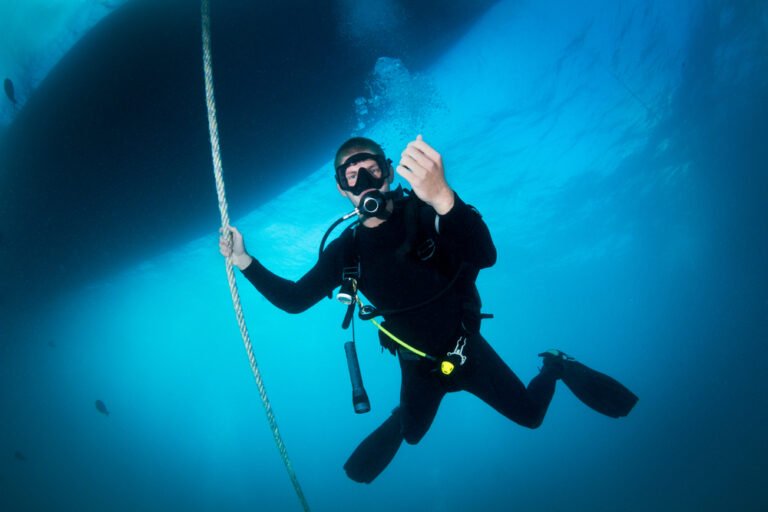10 Best Ways to Prevent Ear Pain While Scuba Diving

Scuba diving allows us to explore the breathtaking beauty of the underwater world. However, for many divers, ear pain can put a damper on the experience. The good news is that with the right techniques and precautions, you can prevent ear pain and enjoy your underwater adventures to the fullest. In this blog, we’ll explore the ten best ways to stop your ears from hurting while scuba diving.
1. Equalize Early and Often
One of the primary causes of ear pain while diving is the pressure difference between the water and your inner ear. To prevent this, practice equalization techniques before you feel discomfort. Start equalizing from the surface and continue throughout your descent.
2. Descend Slowly
Take your time when descending. A gradual descent allows your ears to adapt to the pressure changes more comfortably. Rushing can cause ear pain and potential ear barotrauma.
3. Proper Equalization Techniques
Learn and master various equalization techniques, such as the Valsalva maneuver and the Toynbee maneuver. These methods help regulate pressure in your ears effectively.
4. Keep Your Sinuses Clear
Sinus congestion can interfere with equalization. Make sure your sinuses are clear before diving, and avoid diving if you have a sinus infection.
5. Stay Hydrated
Dehydration can make equalization more challenging. Drink plenty of water before and after your dive to keep your mucous membranes moist and flexible.
6. Descend Feet First
Descending headfirst can increase the pressure on your ears. Whenever possible, descend feet first to reduce the pressure difference.
7. Equalize Early and Often (Yes, Again!)
It’s worth emphasizing the importance of continuous equalization. Don’t wait for discomfort to start; equalize frequently throughout your dive, especially during the first few meters of descent.
8. Avoid Overexertion
Exertion can affect your breathing rate, which, in turn, can impact your ability to equalize. Dive within your limits and maintain a calm, relaxed pace.
9. Consider Ear Protection
Custom-made earplugs or earbands designed for divers can help reduce the pressure changes in your ears and minimize the risk of ear pain.
10. Consult a Dive Professional
If you frequently experience ear pain while diving, consult with a dive instructor or an ear, nose, and throat specialist. They can offer personalized advice and ensure there are no underlying issues.

Don’t let ear pain deter you from exploring the wonders of the underwater world. By following these ten best practices, you can minimize the risk of ear discomfort and fully enjoy your scuba diving adventures. Remember, safety and comfort should always be your top priorities when exploring the depths of the ocean. Happy diving!
